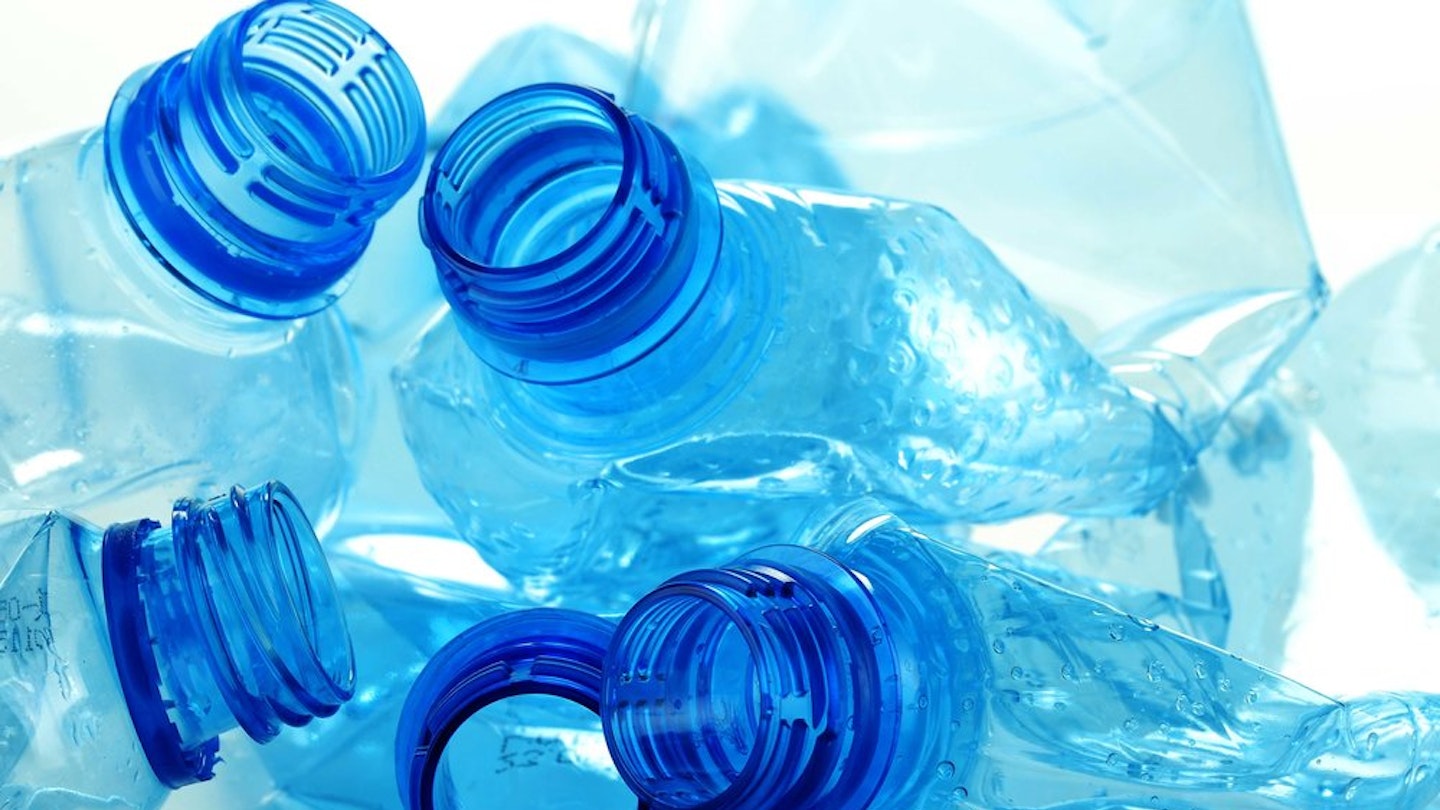With more and more pressure being placed on the UK to dramatically reduce the amount of plastic waste we produce, large companies are introducing various schemes to do their part in helping the environment, from charging more for plastic carrier bags, to plastic bottle deposit schemes.
Lush is opening its first ever packaging free shop
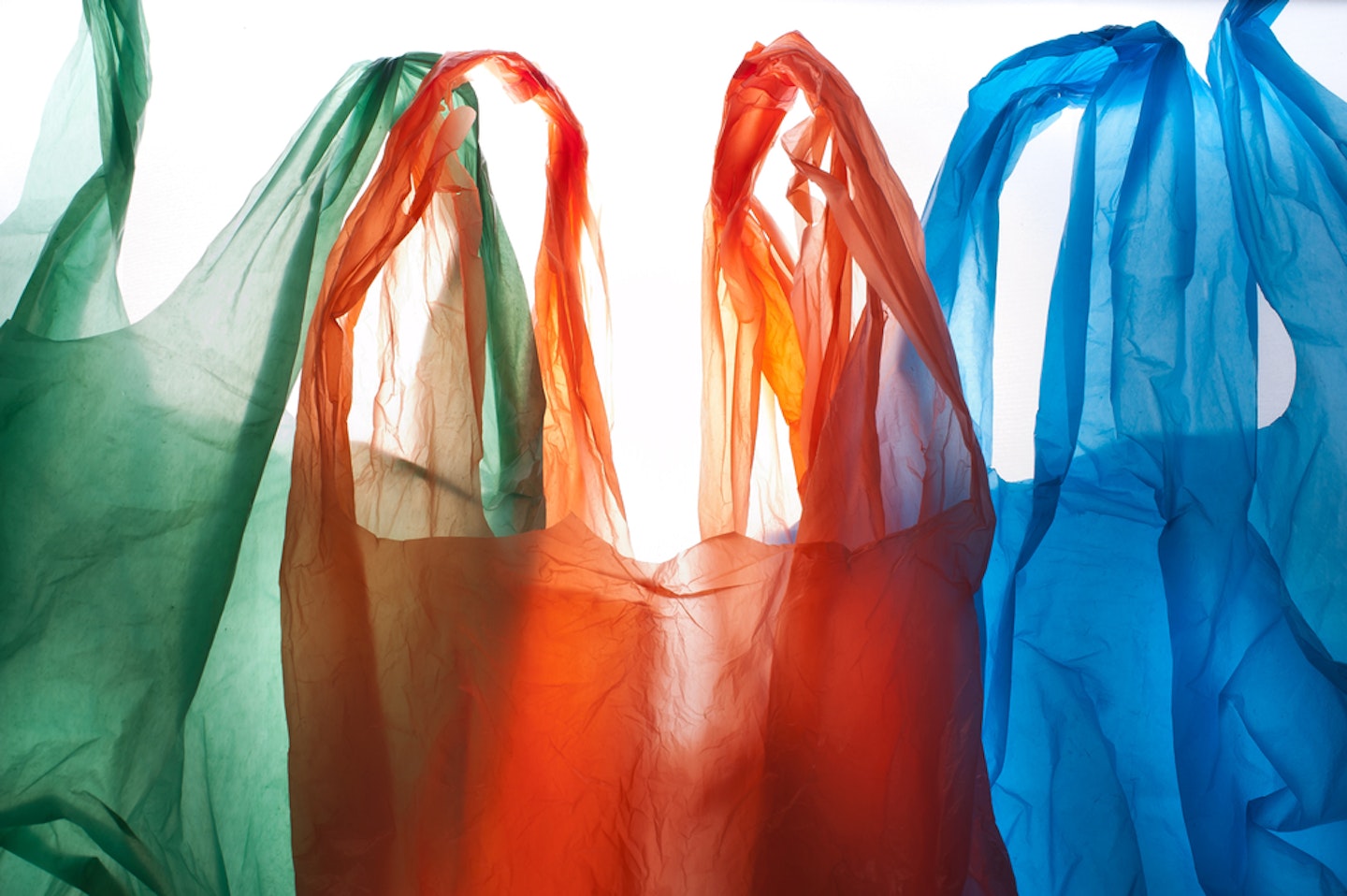
The popular all natural shop is opening it’s first ever Lush Naked store in the UK making it the UK’s first ever packaging free cosmetics shop.
This shop follows ones in Milan and Berlin and here you’ll be able to shop your favourite lush products including shampoo, body wash, face wash, bath bombs all packaging free.
Lush have even scrapped the stickers for products swapping them with an app that can scan any product and bring up all the information you need to know.
The highly anticipated shop will open in Manchester January 18 at 12pm.
Good news for contact lens wearers
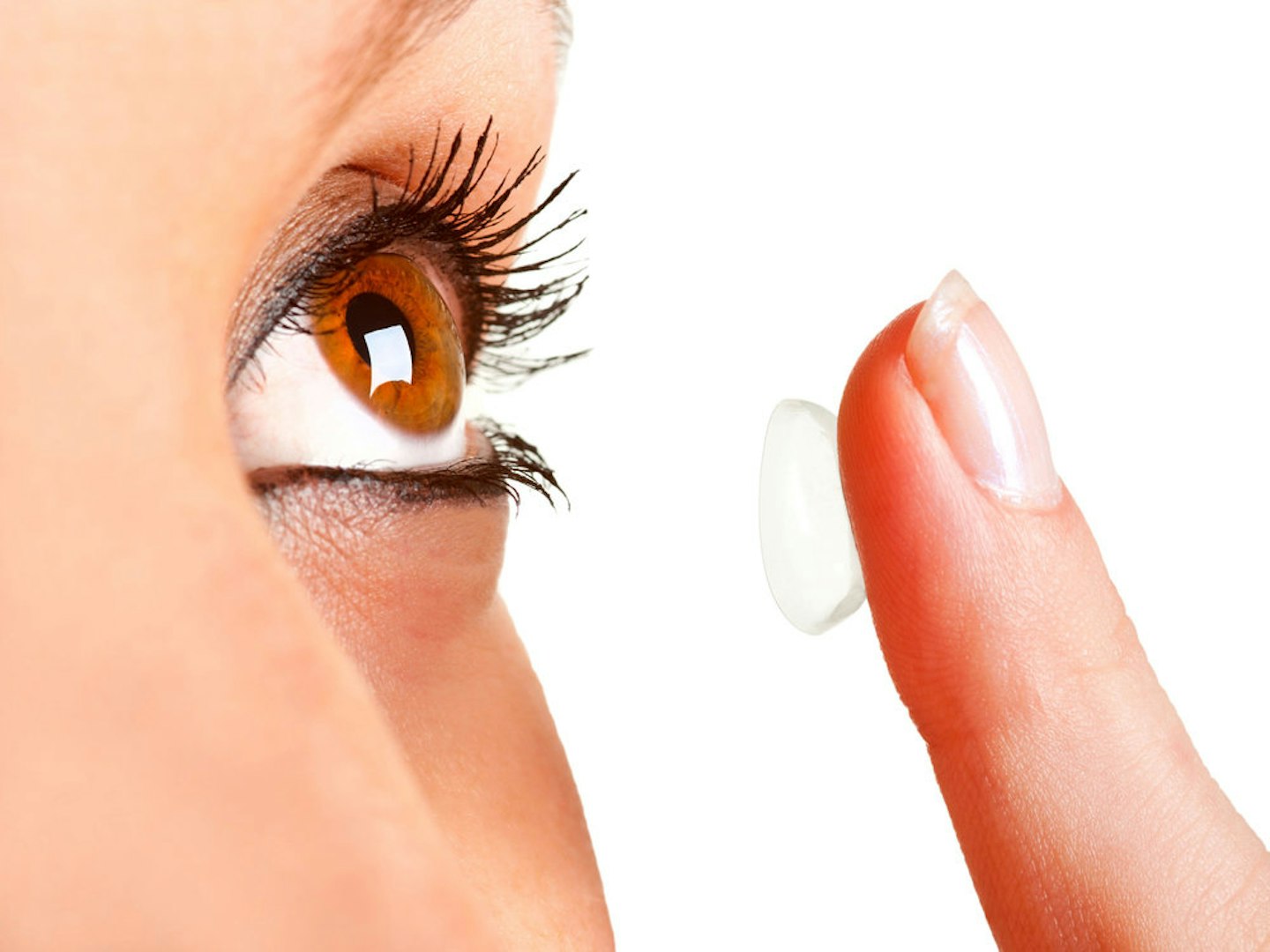
With an estimated 3.7 million people wearing them, the small plastic soft lenses aren’t the easiest things to recycle or breakdown, with 20 per cent of wearers admitting that they flush them down the toilet. That’s why Boots Opticians, along with many other independent opticians have opened contact lens recycling bins along with the packaging.
For more information, check the Acuvue and TerraCyclewebsites for details of their nearest public drop-off location points or courier collection.
Is THIS how we should reuse single use plastic?
After Rebecca Evans from South Wales shared a picture of her first ‘Ecobrick’ it went viral online with people claiming it could be the solution to the problem of plastic.An Ecobrick is made by filling up a plastic bottle with non-recyclable plastic until it’s full to form a brick.
As we’re all aware, plastic is very hardwearing and it doesn’t easily break down, meaning much of it is buried in landfill and any that is littered is very harmful to the environment and nature. Because of it’s hardwearing nature, countries including the Philippines, Sri Lanka and Indonesia have began to use Ecobricks for eco-friendly building projects.
Other uses for Ecobricks include furniture, garden spaces and walls as well as full buildings. If you’ve got any plastic lying around that you’d like to put to good use, find out how to make your own Ecobrick by visiting the official website here.
Once you’ve filled a brick, find your nearest UK drop off point, join the Ecobricks UK Facebook group here.
Walkers launch crisp packet recycling scheme
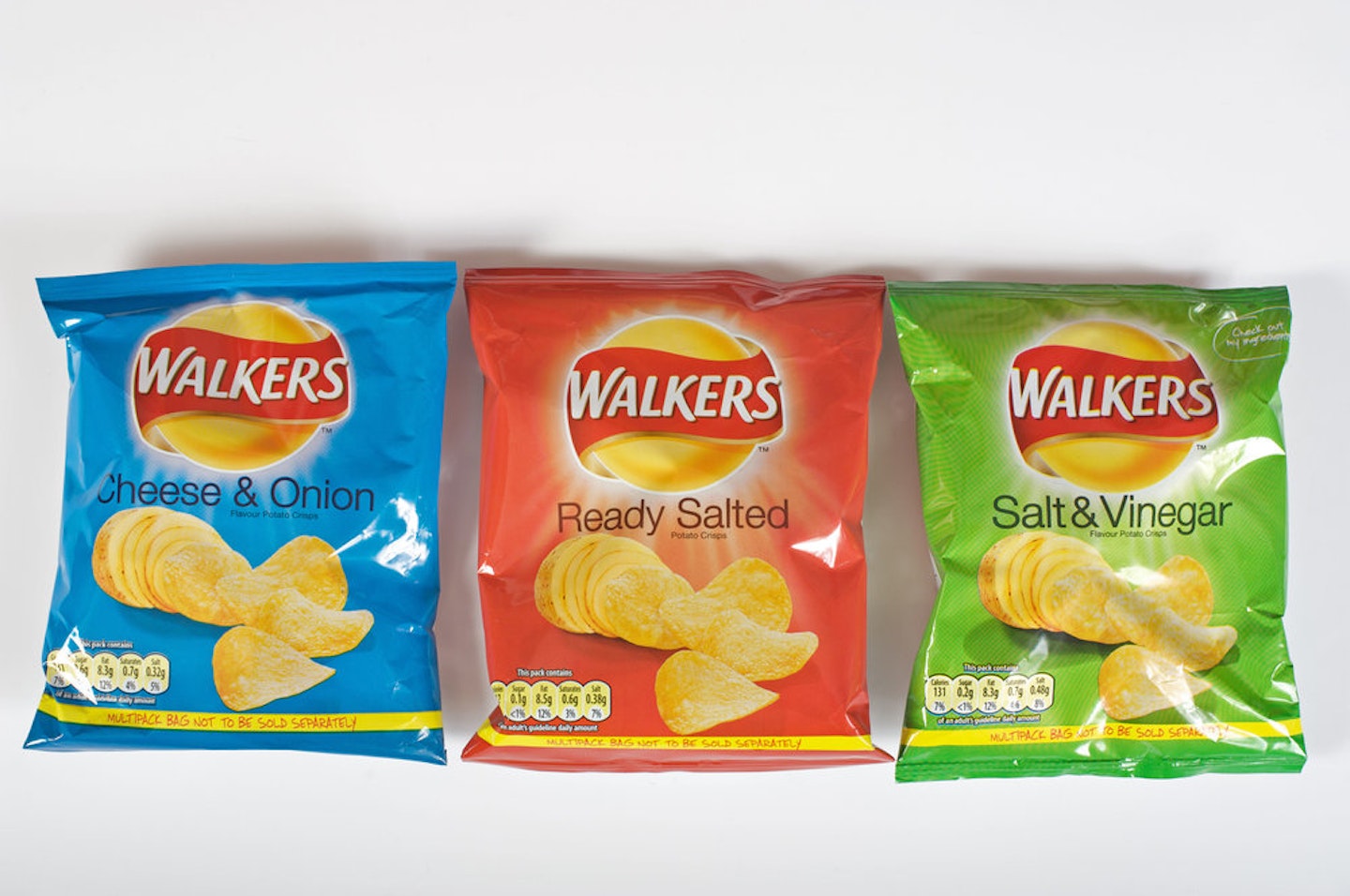
After being inundated with crisp packets in the post from environmental campaigners who were concerned that the packets were very difficult to recycle, Walkers have announced plans for the UK’s first nationwide recycling scheme for crisp packets.
The crisp company, who produce 7,000 crisp packets per minute is now encouraging customers to drop off their crisp packets at public collection points or free post them to TerraCycle. This initiative isn’t just exclusive to Walkers, so if you have a packet of McCoy’s, Kettle Chips or Hoola Hoops, you’ll be able to recycle these packets too.
The packets will then be cleaned and shredded then compacted together to make small plastic pellets which will go on to make all sorts of useful things such as benches and fence posts. This smart scheme is set to begin in December so there’s a couple of months until you can enjoy a guilt-free packet of crisps.
This initiative is a temporary measure to give time for Walker’s to achieve their aim of making all of it’s packaging 100 per cent recyclable, compostable or biodegradable by 2025.
Fairy and Head & Shoulders Beach Plastic initiative
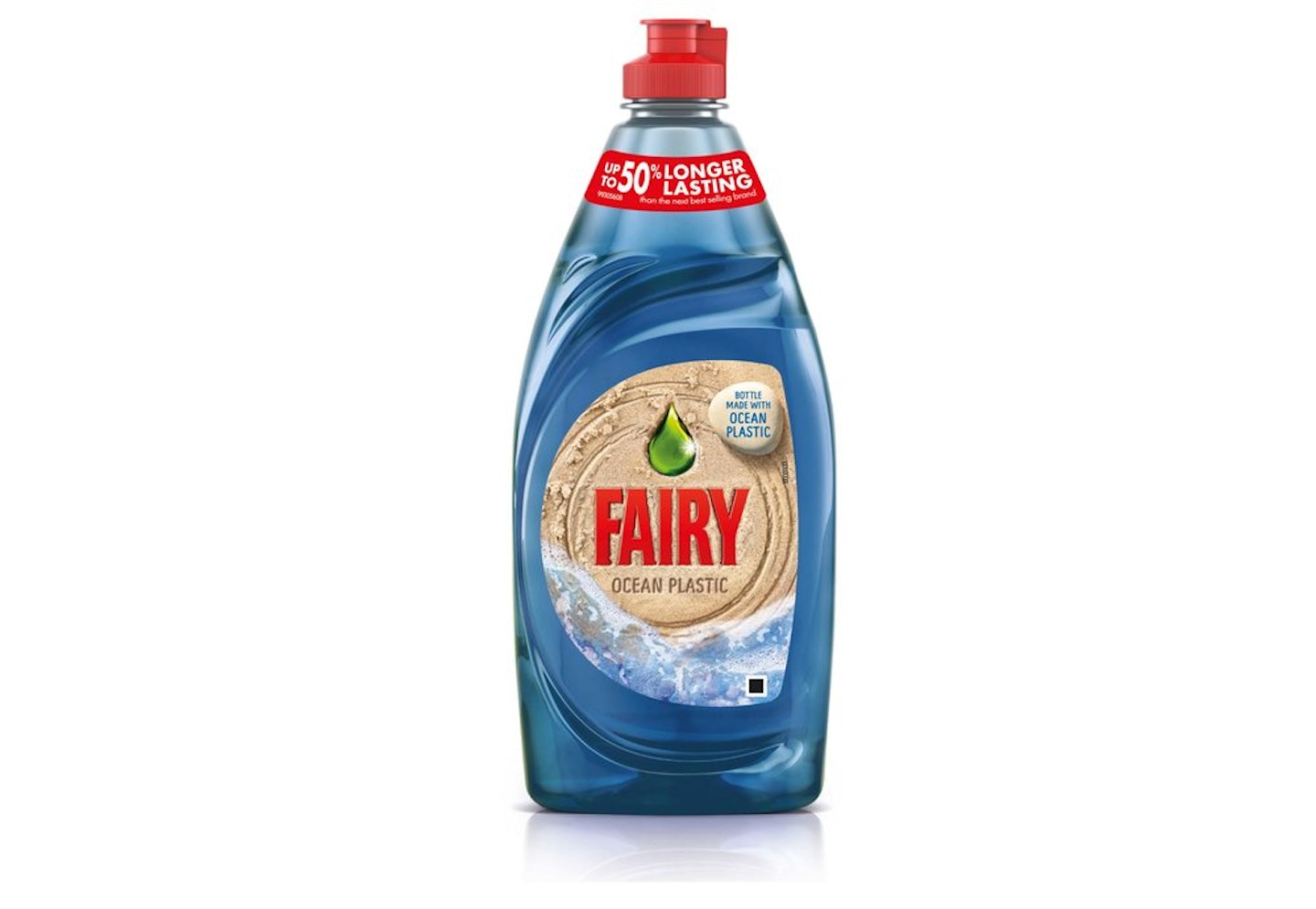
We're all aware of the devastating impact non-recyclable plastic has on our beaches. According to The Marine Conservation Great British Clean Up 2017 Report, for every 100m of UK beaches, there was an average of 138 pieces of litter found.
This is mainly down to the fact that we only recycle 39 per cent of the plastic we use and sadly, 30 per cent of the waste that builds on Britain's beaches comes from litter from the general public.
As a result, Fairy and Head & Shoulders are joining forces by launching new bottles that are made from 100 per cent recycled plastic, including recovered beach plastics, so that when you shop for the products you use to clean your dishes or to clean your hair, you can pick the ones that help clean your planet too.
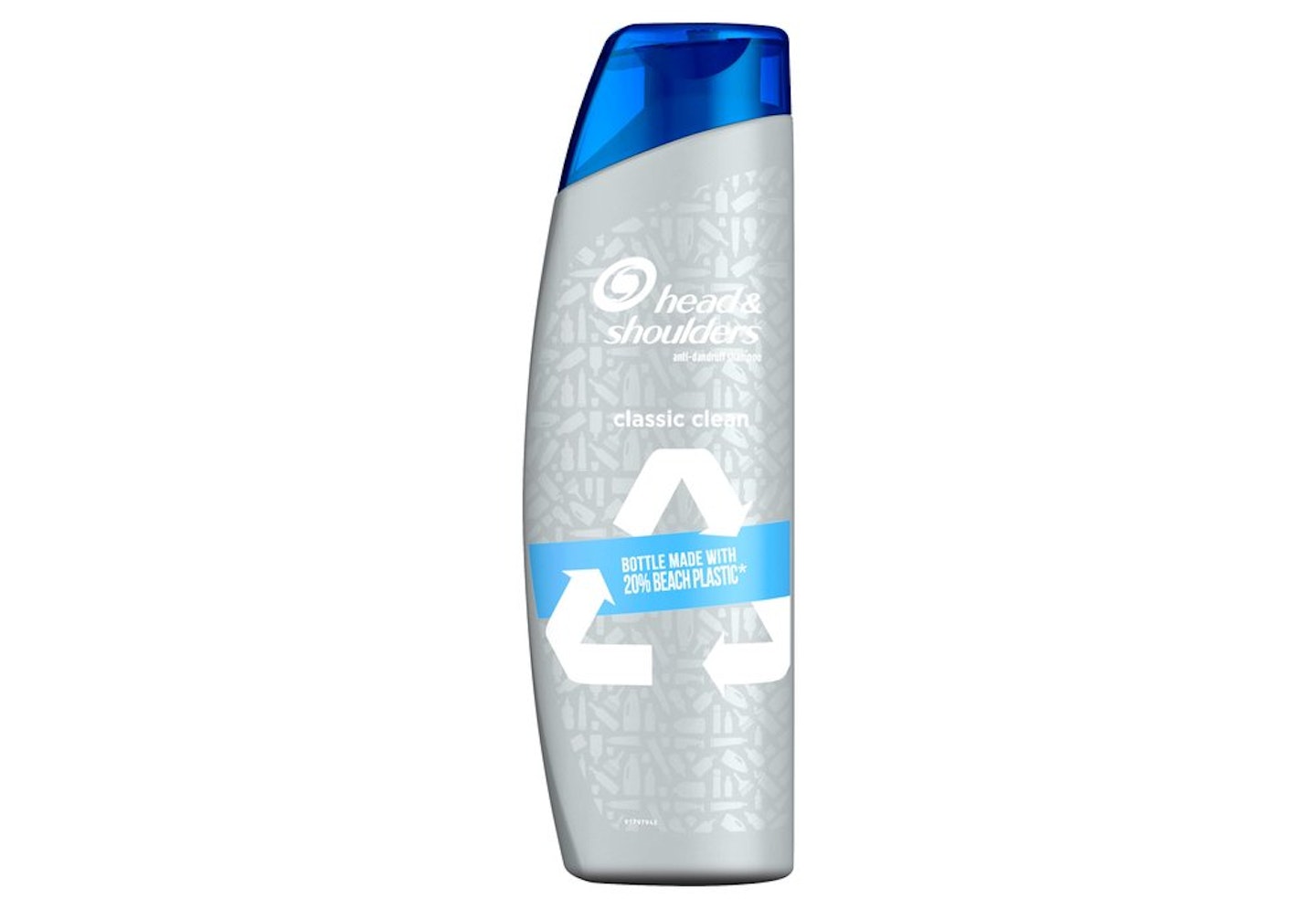
Fairy Ocean Plastics Washing Liquid (RRP £2.00) Made from 100% recycled plastics with 10% from recovered beach plastics.
Head & Shoulders Beach Plastics Bottle Classic Clean shampoo (RRP £3.00) 100% recyclable (except cap), up to 20% packaging made from recovered beach plastics.
In addition to this, Fairy, Head & Shoulders and Tesco stores are partnering with Keep Britain Tidy, and inviting you to nominate your favourite beaches to be one of ten clean ups across the UK.
To vote for your local beach and for further information on the project, visit www.bigbeachclean.co.uk
Keep Britain Tidy Chief Executive, Allison Ogden-Newton, said: “We are delighted to be working with Fairy, Head & Shoulders and Tesco on this initiative. Keep Britain Tidy have been conducting clean-ups across the UK, both inland and on our coasts, since the 1950’s, and we’re happy to lend our expertise to help even more people clean up our coastline. It’s fantastic to see plastics being collected, recycled and reused to create these innovative new bottles. We know that 80% of ocean litter originates on land. What happens in our city streets, often ends up in our seas. So everyone can do their bit to prevent ocean litter by opting for recycled and recyclable plastics, ensuring that those plastics get recycled again and of course, limiting their reliance on single-use plastics where possible."
Morrisons re-introduce brown paper bags
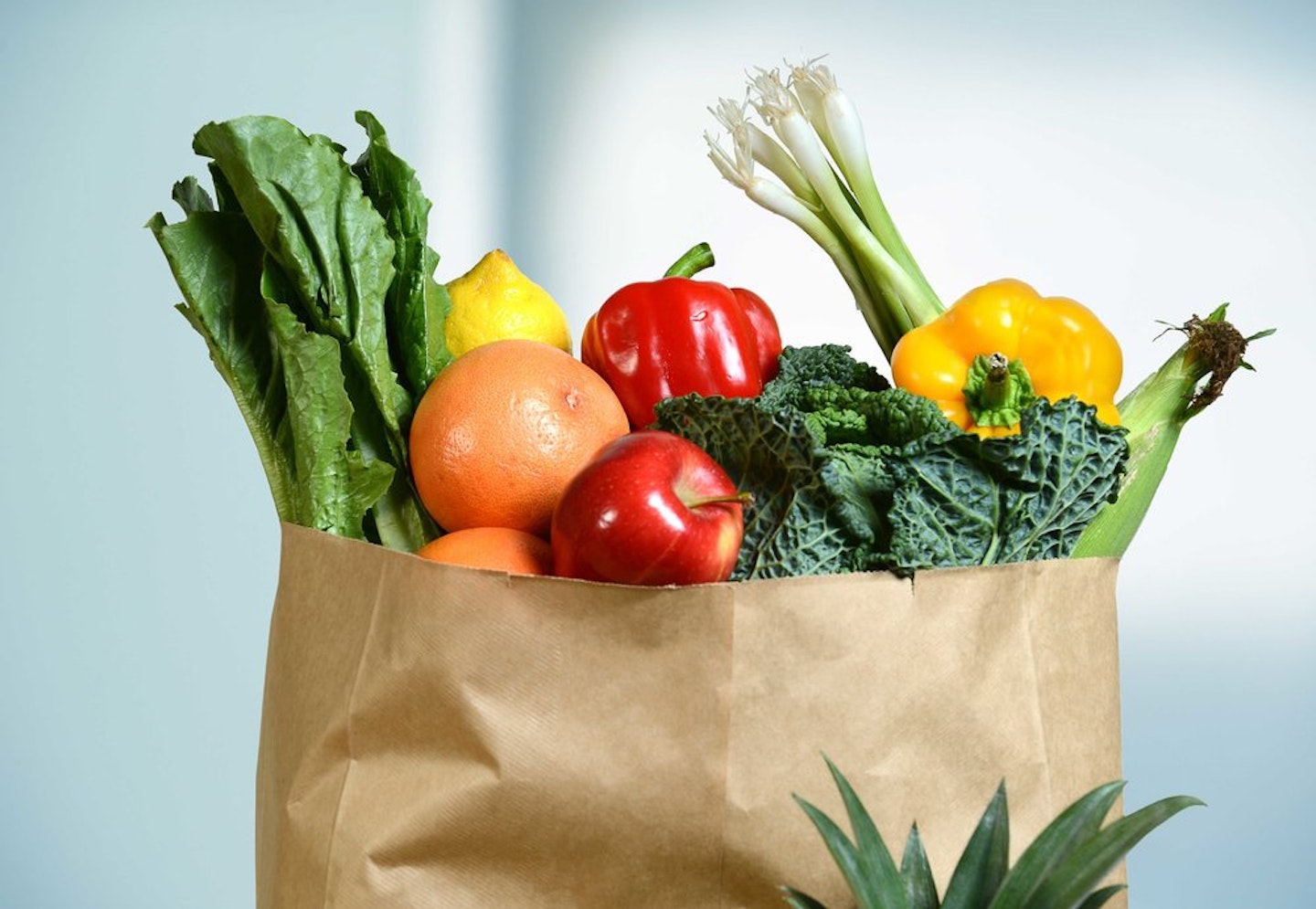
Supermarkets have been recently criticised after continuing to use small clear plastic bags for loose fruit and vegetables, contributing to the problem of single use plastic. Now, Morrisons have got rid of the plastic bags on the fruit and veg aisle and introduced brown paper bags instead.
According to Morrisons, this will prevent 150 million single us plastic bags from being used every year in the store.
Customers will now be able to bring their own containers to store when purchasing food from the Morrisons butchers and fishmongers counters with the supermarket offering 100 loyalty card points as an incentive.
Morrisons hopes to have this in all 493 of its stores by the end of summer.
Have you spotted any brown paper bags at your local Morrisons? Let us know over on our Facebook page and Twitter page.
Marine Conservation Society urges people to get through July plastic-free
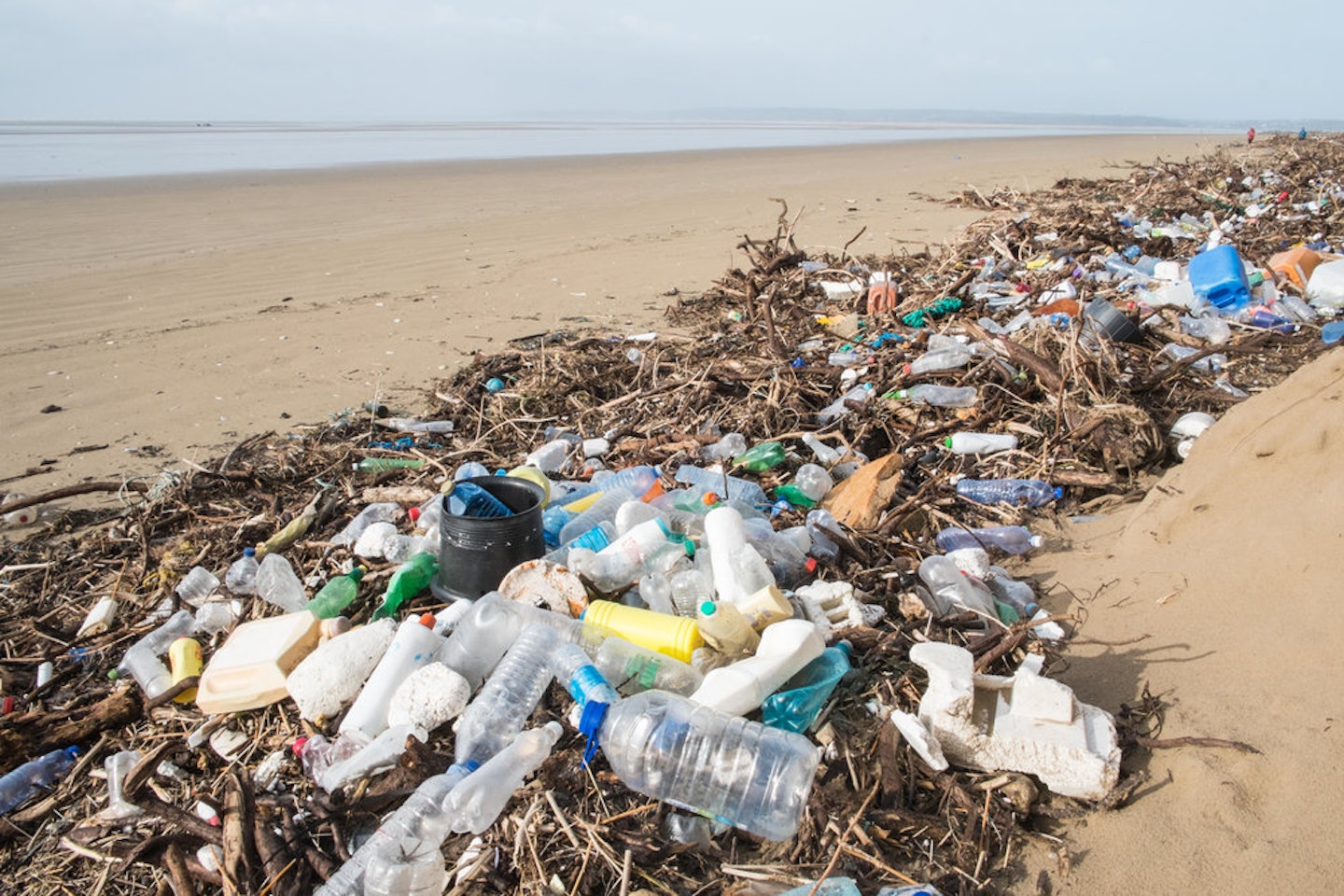
With plastic pollution now high on political, personal and news agendas, Marine Conservation Society (MCS ) is asking people to give up single-use plastics for the whole of July for its plastic challenge.
Simon Reeve, TV presenter and MCS Ocean Ambassador, says “Our planet is becoming poisoned by plastic. The vast amount in our oceans has become an environmental emergency as a direct result of our throwaway society. That’s why I’m supporting thousands of people living without single use plastic this July as part of the Marine Conservation Society’s Plastic Challenge. Don’t just get depressed about plastic - stop using it!”
The charity has run the Plastic Challenge for the last four years and last year over 5,035 registered to give up using single use plastic. That includes food packaged in plastic, plastic water bottles, plastic milk bottles, shower gels, toothpaste and pasta to name but a very few!
Sign up to take part in the Plastic Challenge at: www.mcsuk.org/plastic-challenge
"How To Live Plastic Free – a day in the life of a plastic detox" (Published by Headline UK, ISBN 978-1-4722-5981-3) is available to buy now. For details visit: www.mcsuk.org/news/MCS-Live-Plastic-Free-Book
Will you be taking on the plastic-free challenge in July? Let us know over on our Facebook page and Twitter page.
New 'trust mark' introduced

The new supermarket packaging which is being introduced today will clearly mark to shoppers whether a product contains plastic packaging or not. The first UK supermarket to adopt the labelling system is Iceland, but campaigners hope that other supermarkets will follow.
The label that reads 'plastic free' will be clearly displayed on the food products, making it easier for consumers to opt for more environmentally friendly alternatives. Speaking to The Guardian newspaper, co-founder of A Plastic Planet, Sian Sutherland said: “Our trust mark cuts through the confusion of symbols and labels and tells you just one thing – this packaging is plastic-free and therefore guilt-free,”
What do you make of the new labelling? Let us know over on our Facebook page and Twitter page
The war on wet wipes
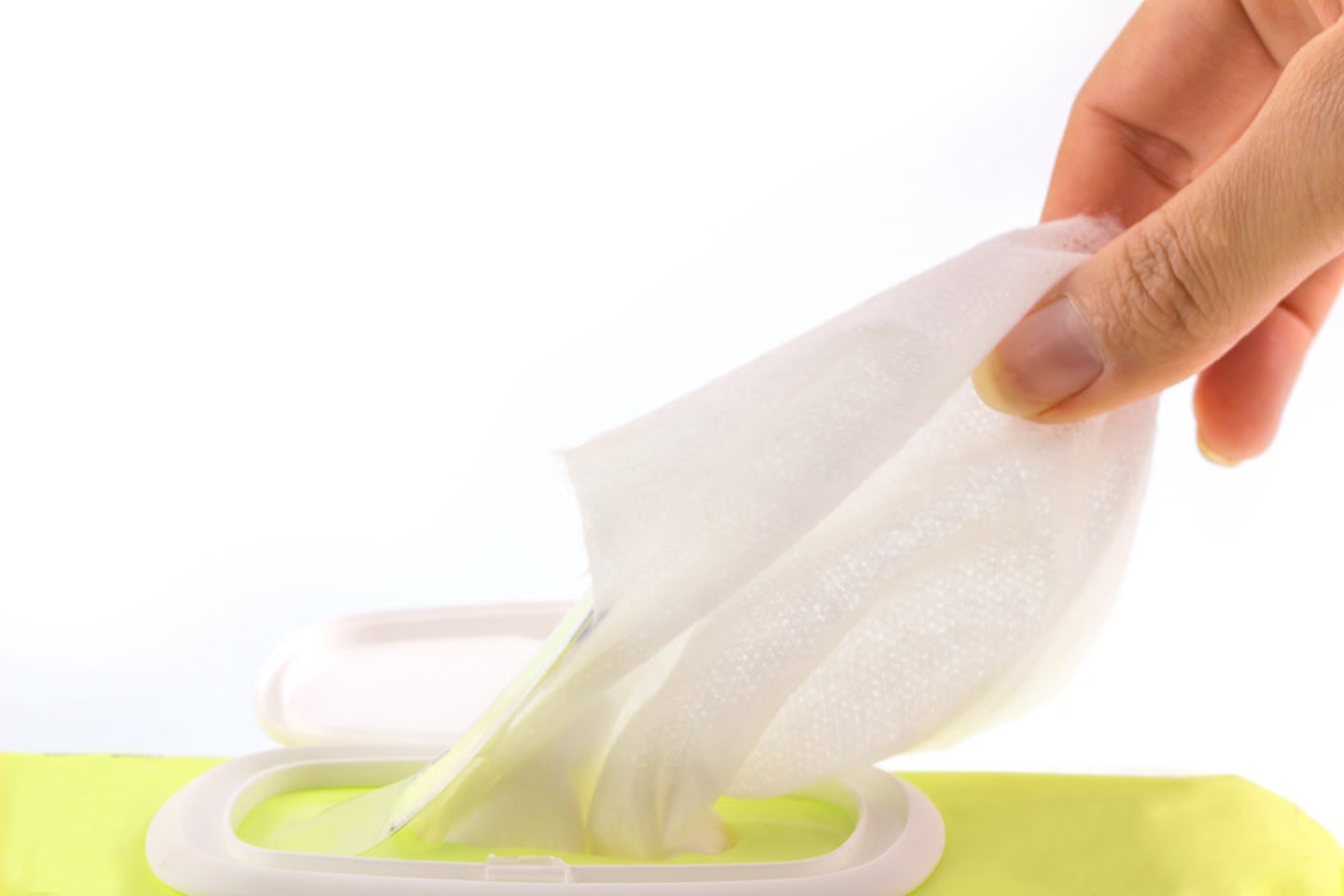
Whether they’re to wipe our hands after eating, keep a baby or toddler clean or just to freshen up on a hot day, we’ve been using wet wipes for years and as a result, 93 per cent of blockages in UK sewers are a result of wet wipes.
Amongst government plans to eliminate plastic waste in the UK are plans to ban single use products such as wet wipes as they contain non-biodegradable plastic. This means manufacturers will have to either develop plastic-free wet wipes or we’ll have to go without.
Whilst manufacturers decide whether or not this is possible, we can make some small changes to avoid using wet wipes.
- If you’re used to removing your make-up with a wet wipe, invest in some gentle cleanser for your face – it is actually better for your skin too!
- Use anti-bacterial hand gel rather than a wet wipe to cleanse hands before and after eating if a sink isn’t available.
- If you do find yourself needing to use a wet wipe, do not flush it down the toilet as this blocks our pipes and leads to monstrosities like the famous fat-berg!
Government plans to ban plastic straws and cotton buds
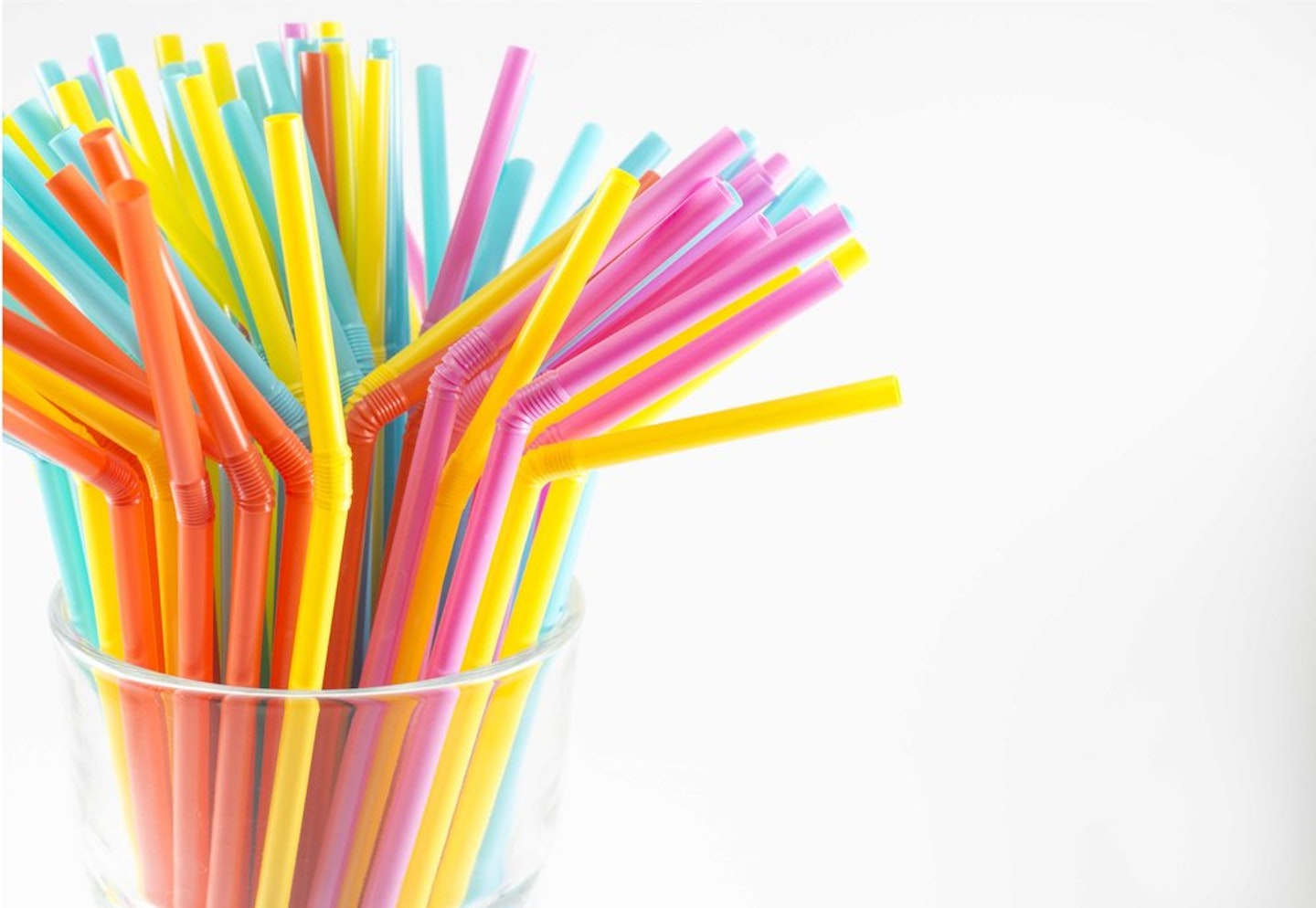
According to government ministers, 8.5bn plastic straws are thrown away in the UK every year, with the Prime Minister announcing that plastic waste was "one of the greatest environmental challenges facing the world".
Many food chains including McDonald's, Pizza Express and Weatherspoon's are making changes to ban plastic straws from their establishments, such as introducing biodegradable straws or paper straws.
As for plastic cotton buds, many supermarkets are making the decision to only stock cotton buds that have a paper stem rather than plastic. Supermarkets getting on board with the plans are Waitrose and Iceland.
Walkers under fire
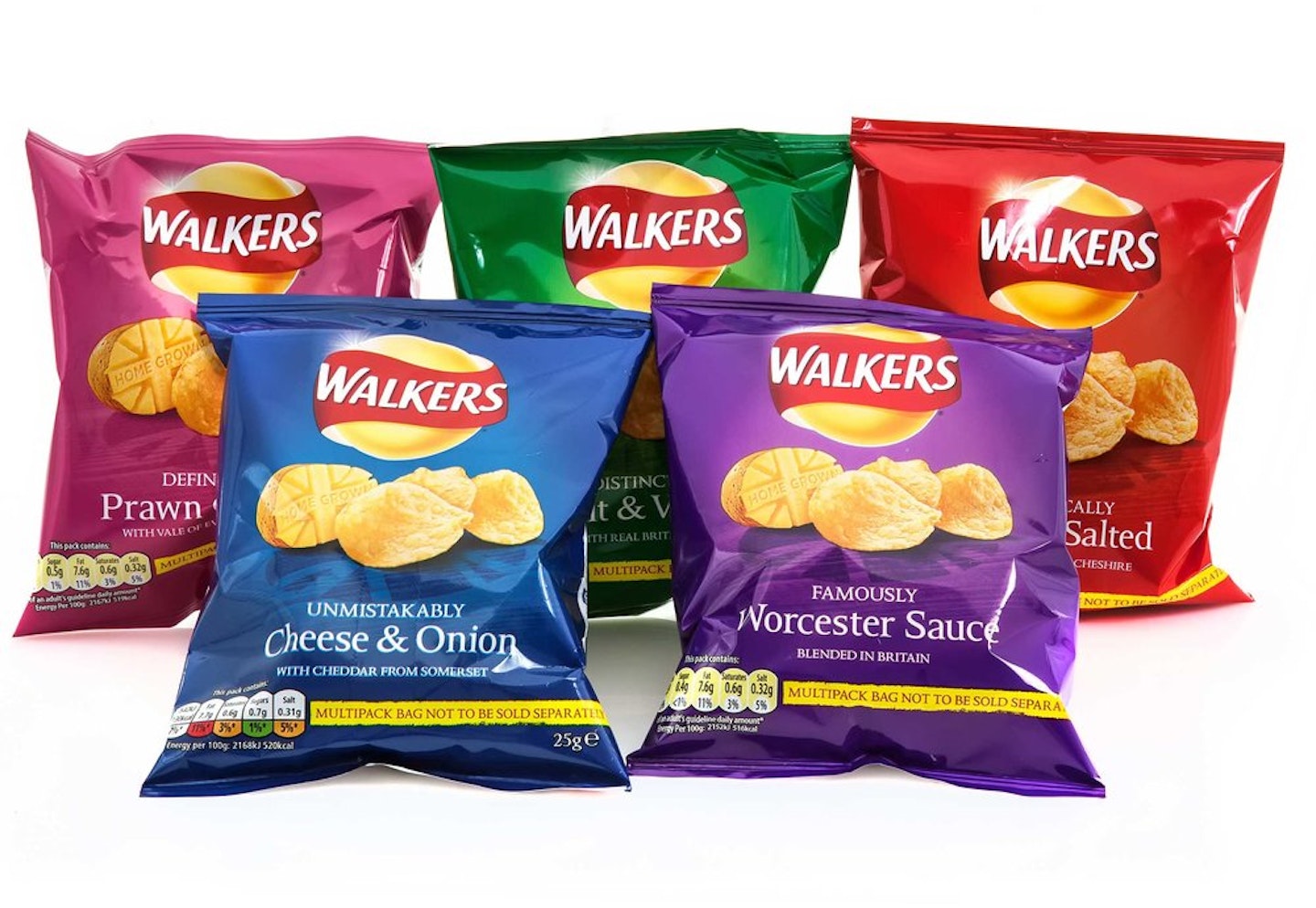
Leading crisp manufacturer Walkers are coming under increasing pressure to change their crisp packets from metallised plastic to a recyclable, more environmentally friendly material. Over 150,000 people have signed a petition calling for Walkers as well as other crisp manufacturers to change their packets to a more sustainable material.
The criticism of Walkers comes after beach cleaning volunteers in Cornwall found Walkers crisp packets 1980s and 1990s on the beach. And although Walkers are promising to make their packaging 100 per cent recyclable, compostable or biodegradable by 2025, campaigners who signed the petition are hoping this date will be brought forward.
Nestle's plans
The latest company to announce their plans are Nestle, who are aiming to make all of their packaging recyclable or reusable by 2025, wanting to avoid the amount of waste sent to landfill. Chief executive of Nestle, Mark Schneider said to Daily Mail: "Plastic waste is one of the biggest sustainability issues the world is facing today."
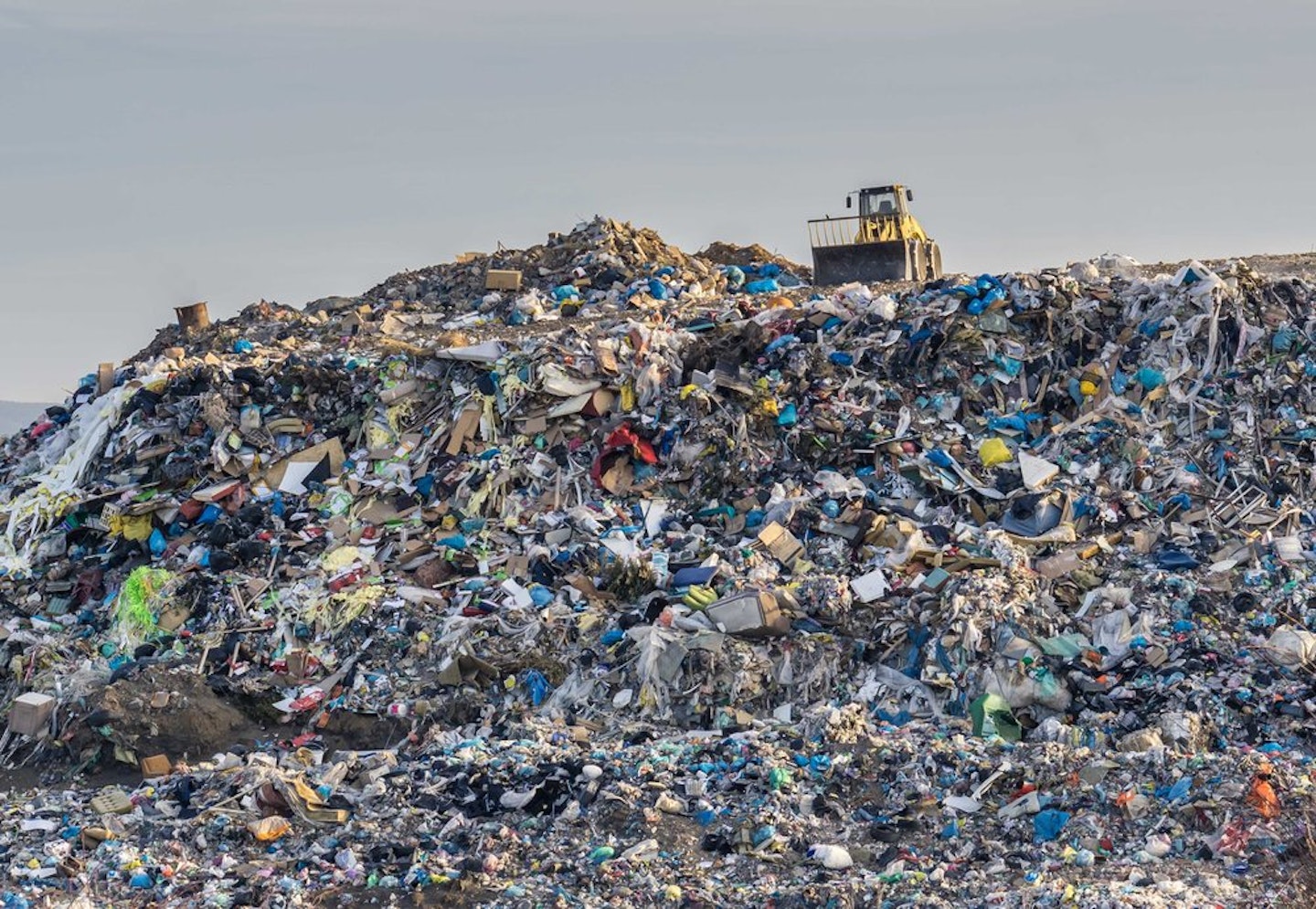
KPMG's plans
Accountancy Giant KPMG plan to stop using plastic cups for drinks across their 22 UK offices by this summer, hoping it will save them three million cups a year. Environment manager at KPMG told the Daily Mail, "the firm spends £60,000 on cups every year. Even with supplying our 15,000 employees with a free metal water bottle, the scheme is predicted to pay for itself within 18 months."
Could you cut plastic out your life?
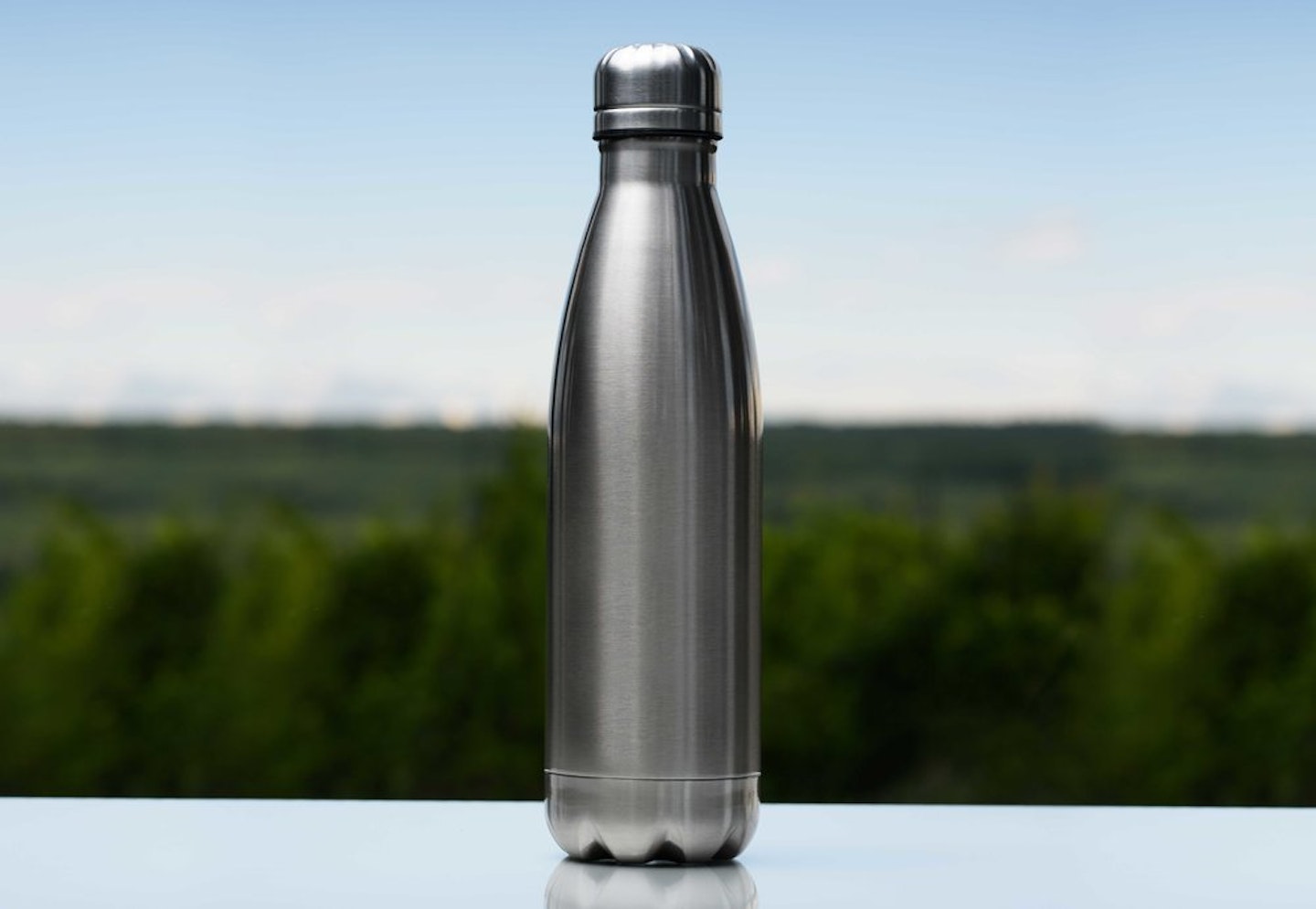
Huge supermarket, Waitrose, are also planning to eliminate coffee cups from their stores. Read more about it now.
Take a look at some of our helpful advice on cutting down plastic:
Costa, Starbucks and Pret are now offering free water to cut down on plastic waste
We'd love to hear from you about any changes you are making to be more environmentally friendly. Let us know over on our Facebook page or Twitter page!
